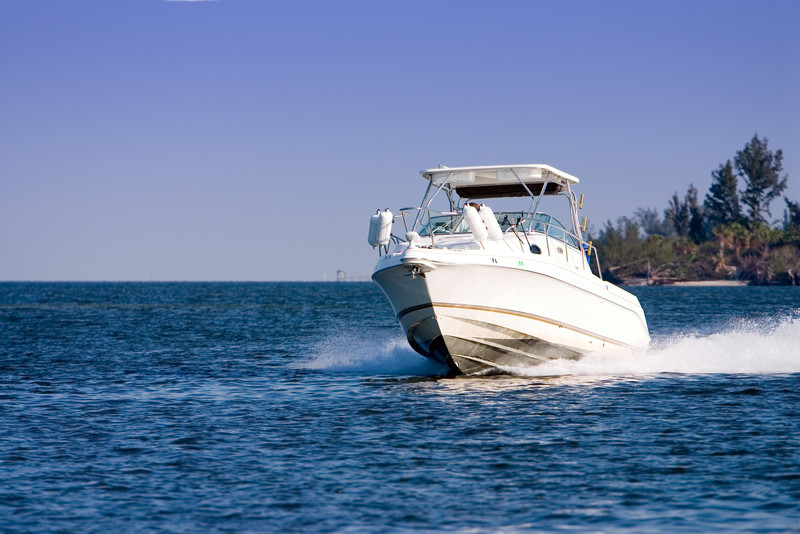Owning a new boat is fun, but it’s also a big responsibility. Boat owners who don’t know what they’re doing are a danger to themselves and others. The following advice will help you and your friends and family enjoy the new boat safely whether you are a first-time owner or have had a few under your belt but should refresh your knowledge.
1) Learn About The Specific Model
Read the owner’s manual if there is one. There are many types of boats, and they come in a range of sizes. While some safety rules, like always wearing a life jacket, apply to all boats, others may apply only to specific types of boats. A motorboat is going to have different requirements than a yacht, for example. If you can’t find a physical owner’s manual, look up information about the boat on the manufacturer’s website.
2) Keep Up With Maintenance
If you plan to leave your boat in the water for over a week at a time, the bottom will need to be covered with a protective paint coat. The type of paint needed will depend on what the boat is made of. For example, someone who has an aluminum boat they use in salt water will need to use a copper-free paint. Salt water is an electrolyte, and when an aluminum hull with copper-based paint is exposed to it, the resultant reaction causes the hull to corrode. Some aspects of boat maintenance should be left to professionals. An outboard motor should be examined and serviced by a certified mechanic. Taking the time to understand the needs of your boat as well as the suggested regular maintenance will prevent issues down the line and keep the boat in great shape for years to come.
3) Take A Boat Safety Class
Many states require new boat owners to take boat safety classes. The US Power Squadron, US Coast Guard Auxiliary, and many other organizations all provide classes, and their certificates are recognized in most states. Different states have different requirements, so a boat owner who wants to go boating outside their own state should check the rules.
People who have already taken such courses may want to take a refresher course, especially if they haven’t piloted a boat for a few years. Their knowledge might be rusty, and the rules and regulations could have been changed since their last outing. While online boating classes do exist, it is generally better to take them in person in order to get some actual real-world experience with a boat.
4) Pay Attention To The Weather
Storms can develop with surprising speed. The prudent mariner will, therefore, check the weather reports before heading out and keep an eye out for small craft advisory flags. These are triangular red pennants, and a single such flag indicates that conditions are expected to become hazardous for small boats within the next 12 hours. Two flags, with one placed above the other, indicate that a gale is on the way. Boats with radios should be tuned to the National Weather Service, for it also issues warnings.
5) Let Someone On Shore Know Your Plans
Make certain a reliable person knows that you’ve gone boating. This person should also know when you will be back. Ideally, you should be able to call this person if you’re going to be late or if issues come up. Having someone know to expect you is a good way to make sure you’re not lost, hurt, or stranded without help coming your way. The US Coast Guard Auxiliary recommends completing a “Float Plan” that contains information about the boat, the people aboard it, the planned itinerary, and the expected return time. If a boater is late and their friend decided to contact the authorities, they will have the needed information at their fingertips.
Making sure you are smart about safety as a boat owner will keep your nautical adventures fun and stress-free.
Looking into buying a boat? Contact us today for help with everything from boat financing to insurance


